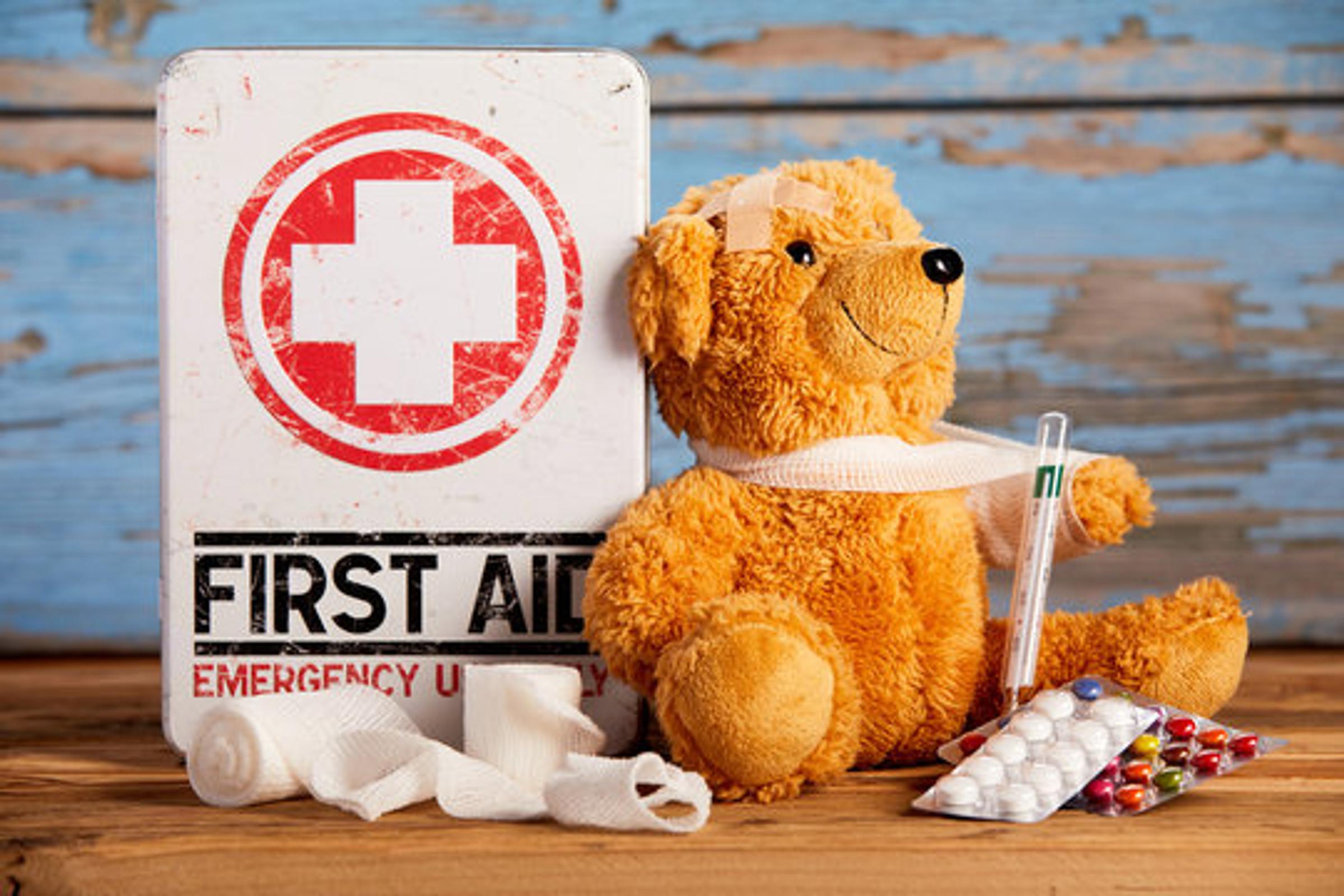First Aid News

This information is taken from the Asthma Australia website https://asthma.org.au/about-asthma/triggers/why-does-my-asthma-get-worse-in-cold-air/
WHY CAN COLD AIR TRIGGER ASTHMA?
People with asthma have airways that are more sensitive, and prone to inflammation. Cold air can lead to dryness in the airways, the tightening of the muscles around the airways and impair the normal function of the airways to clear inhaled substances. All of this can lead to an increase in asthma symptoms.
In Australia, we are generally used to breathing warm, humid air which is what our lungs need to stay vital and healthy and clear debris that we breathe in.
Cold and dry air conditions make it harder for our lungs to do the things it needs to in order to make our breathing easy and keep us healthy.
IMPACT OF COLD AIR ON ASTHMA
For people with asthma, cold air and the winter season can be a source of worry and stress, not knowing how and if they may be able to breathe properly over winter.
Exposure to cold air can bring on asthma symptoms. This can be problematic for people with asthma and interfere with their quality of life, interrupting planned activities over the winter.
HOW TO MINIMISE THE IMPACT
TAKE YOUR PREVENTER
Taking your preventer every day, even when well is the best preparation for winter, especially if winter triggers your asthma. A preventer inhaler works to reduce the inflammation and reduce the responsiveness of the airways to inhaled substances which trigger asthma. Inhaled preventers work best after several weeks of continuous use so it’s important to be using your prescribed preventer before the winter season starts. If you have not been prescribed a preventer but cold air is a trigger for your asthma, we strongly recommended you discuss this with your doctor.
WEAR A SCARF
If you’re out in the cold, try wearing a scarf around your mouth and nose. People with asthma may find that wearing scarves and other material coverings over their nose and mouth when out in cold air, can help humidify and warm air that they breathe, and reduce their asthma symptoms.
PLAN YOUR EXERCISE
If you are exercising in winter, aim to avoid going outside first thing in the morning or in the evening when the air is coldest. When you do exercise, make sure you take time to warm up and cool down and follow any treatment advice your doctor has given you about treating exercise-induced asthma.
PRACTICE SAFE HYGIENE
Follow the steps to help reduce the spread of viruses and germs by maintaining your distance from others, washing your hands regularly, and not sharing cups or food.
GET VACCINATED
Plus get the annual flu and the COVID-19 vaccinations when you can.
